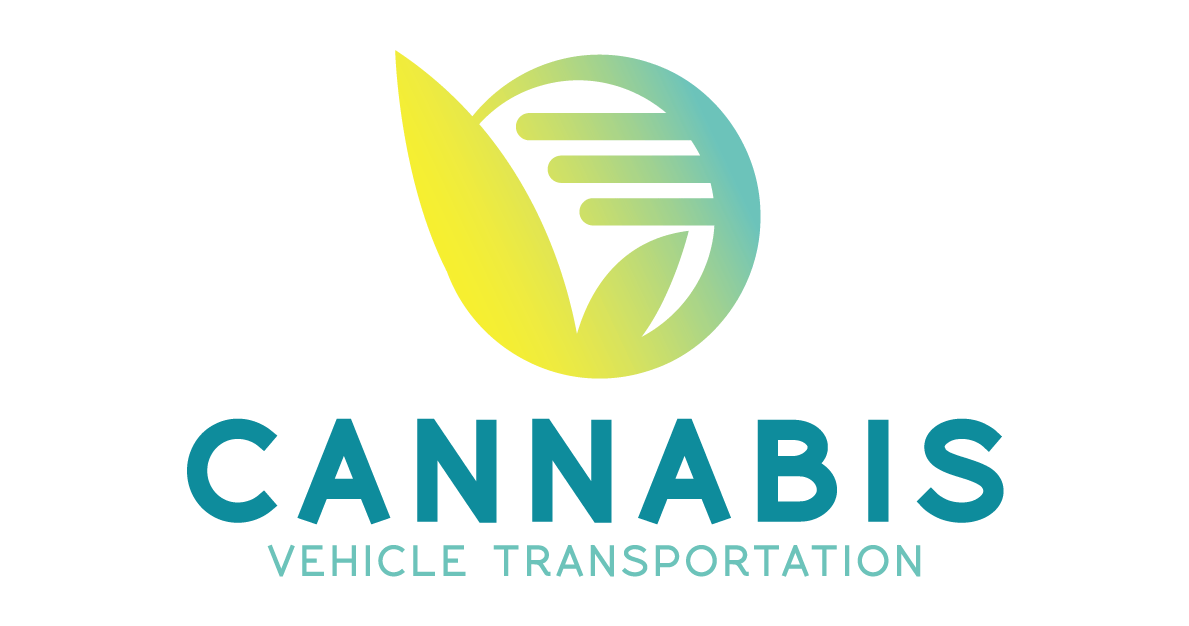As the legal cannabis industry continues to expand across North America, transportation companies face increasing pressure to secure their assets. With high-value, tightly regulated products in transit, firms employ a multilayered security approach combining physical fortification, real-time monitoring, compliance measures, and technological innovations.
Armored & Discreet Vehicles
One core strategy involves using vehicles resembling standard delivery vans externally but featuring robust upgrades inside. Armored vans that meet ballistic-resistant standards are outfitted with reinforced hinges, smart locking systems, and tamper-proof access points. Some models also include drop-slot safes, interior deposit boxes, and fortified partitions to isolate the cargo area.
Surveillance & Telematics
Security cameras and telematics play a pivotal role. Real-time video monitoring, often via multi-camera DVR systems, enables both on-board recording and remote surveillance. GPS-enabled telematics track vehicle location continuously, alerting dispatch centers to any deviation from preset routes — a requirement in many regulated states like California and Michigan.
Seals, Seals, Seals
Physical seals are used to protect against tampering. Bolt and cable seals, along with sequentially numbered or barcoded plastic seals, provide visible proof of product integrity and compliance with transportation laws.
Route Planning & Dispatch Protocols
Companies coordinate thorough route planning to minimize risk. Routes must often be pre-approved or reported to state regulatory bodies, with printed manifests kept on board. A two-person crew is standard in many jurisdictions to maintain the chain of custody, preventing unauthorized access by keeping one crew member with the vehicle at all times.
Chain of Custody & Documentation
Complying with seed-to-sale traceability laws, transport companies maintain meticulous documentation procedures. Paper or digital manifests accompany every shipment, noting pickup and delivery times, personnel signatures, seal numbers, and GPS logs.
Insurance & Regulatory Compliance
Because cannabis remains federally illegal in the U.S., insurers and regulators impose stringent policies. Transporters carry specialized commercial vehicle insurance, sometimes bundled with cyber and liability coverage. States like Michigan require transporters to hold industry-specific secure transporter licenses, maintain route logs, and verify driver credentials.
Advanced Technologies: Blockchain & Connectivity
Emerging technologies bolster transparency and security. Some firms integrate blockchain systems to create immutable records for each batch — capturing attributes like THC content and lab testing data. Others adopt connected vehicle frameworks that leverage secure vehicle access protocols and blockchain vehicle health histories to prevent unauthorized tampering.
In Summary
Cannabis vehicular transport has transformed into a highly secure, regulated practice. Firms now rely on armored yet discreet vehicles, comprehensive telematics, stringent route and crew protocols, tamper-evident seals, rigorous documentation, insurance compliance, and cutting-edge tech. These integrated measures ensure regulatory adherence and protect high-value assets from theft, tampering, and regulatory exposure.
